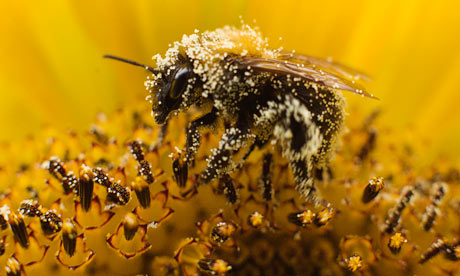TOP STORIES
Why are Blackbirds' feet deformed?
 |
| A Mission Valley blackbird with deformed feet caused by a condition that experts know little about. Photo credit: John Tighe |
Phil Unitt instantly recognized the mangled feet and missing toes as he recently examined a photo of a Mission Valley blackbird.
Unitt, curator of birds and mammals for the San Diego Natural History Museum, has gotten glimpses of the ailment for decades, spotting blackbirds hobbling on deformed feet from San Diego State University to San Francisco. He has even seen museum specimens with the condition, dating to the early 1960s.
And yet Unitt has no idea what causes the disease.
“It is by no means restricted to Mission Valley but is very widespread, in rural areas as well as urban,” Unitt wrote in an e-mail to colleagues about the deformity.
The condition does not debilitate the birds to the point where the public is picking them up and taking them to be rehabilitated. But it may have contributed to the substantial decline of the Brewer’s blackbird population in San Diego County, if not over a wider area, during the past 40 years.
Union Tribune San Diego - www.utsandiego.com
03 Mar 2013
DS Brennan
Loss of wild pollinators serious threat to crop yields, study finds
 |
| A bee collects pollen from a sunflower. Photograph: Michael Kooren/Reuters |
The decline of wild bees and other pollinators may be an even more alarming threat to crop yields than the loss of honeybees, a worldwide study suggests, revealing the irreplaceable contribution of wild insects to global food production.
Scientists studied the pollination of more than 40 crops in 600 fields across every populated continent and found wild pollinators were twice as effective as honeybees in producing seeds and fruit on crops including oilseed rape, coffee, onions, almonds, tomatoes and strawberries. Furthermore, trucking in managed honeybee hives did not replace wild pollination when that was lost, but only added to the pollination that took place.
"It was astonishing; the result was so consistent and clear," said Lucas Garibaldi, at the National University in Río Negro, Argentina, who led the 46-strong scientific team. "We know wild insects are declining so we need to start focusing on them. Without such changes, the ongoing loss is destined to compromise agricultural yields worldwide."
The Guardian - www.guardian.co.uk
28 Feb 2013
D Carrington
OTHER WILDLIFE HEALTH RELATED NEWS
- CHRONIC WASTING DISEASE FOUND IN BLAIR AND BEDFORD COUNTIES GAME COMMISSION TO HOLD CWD NEWS CONFERENCE MONDAY, MARCH 4 [View location of news reports on Global Wildlife Disease News Map
 ]
] - Two whales, an injured mother and her young calf, stranded on a Treasure Coast beach [Jensen Beach, Florida, USA - Map It
 ]
] - Poll: Most Americans See Population Growth as Threat to Wildlife, Climate [Center for Biological Diversity news release]
- U.S. bat epidemic spreads to 20th state[Illinois, USA]
- Scientists say more bison vaccines wouldn't work
- Illegal trade in wildlife accelerates around the world
- Lab bids to combat species smuggling
- People and animals at immediate risk from wildlife crime, Cites chief warns
One Health News Corner
- Could Monkeypox Take Over Where Smallpox Left Off? [Scientific American]
- UGA to host international symposium on One Health





No comments:
Post a Comment